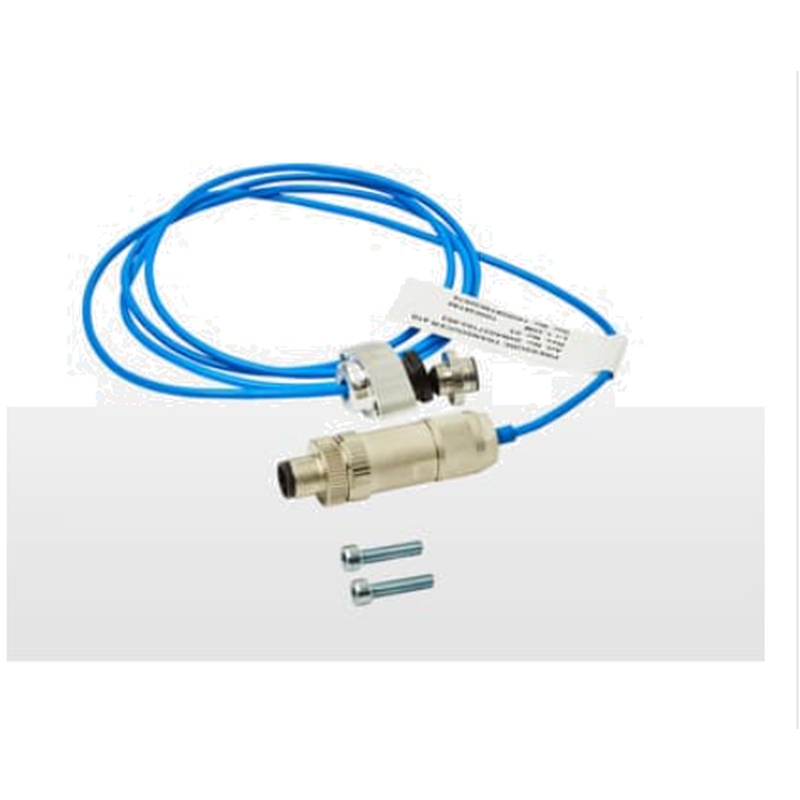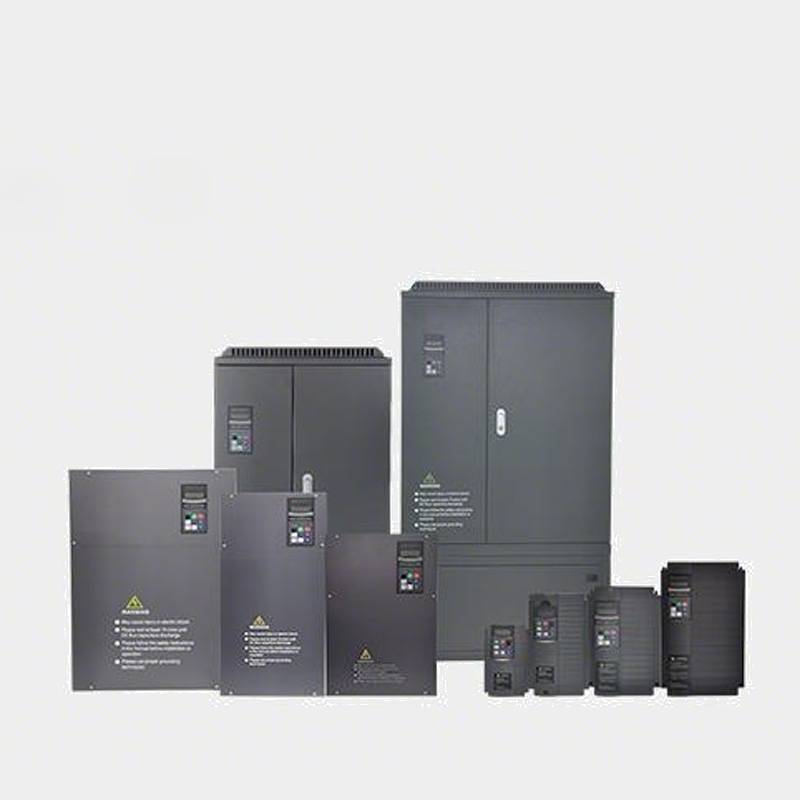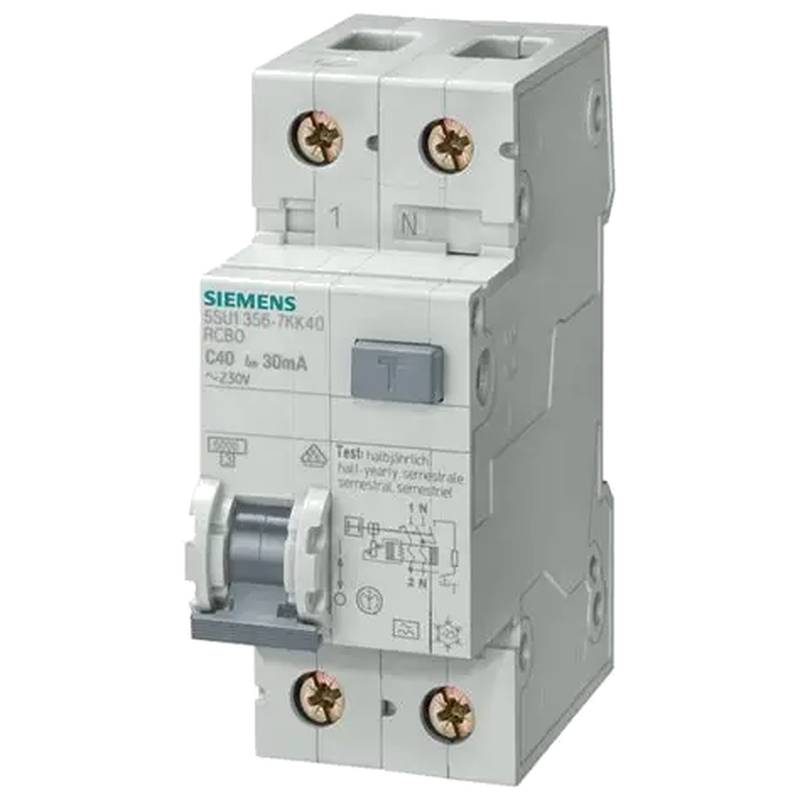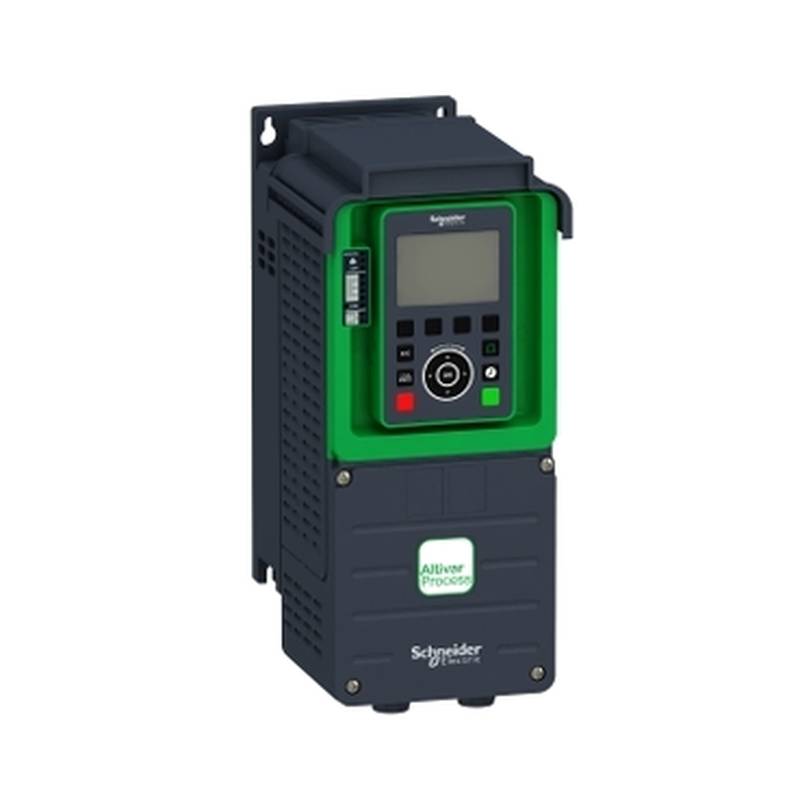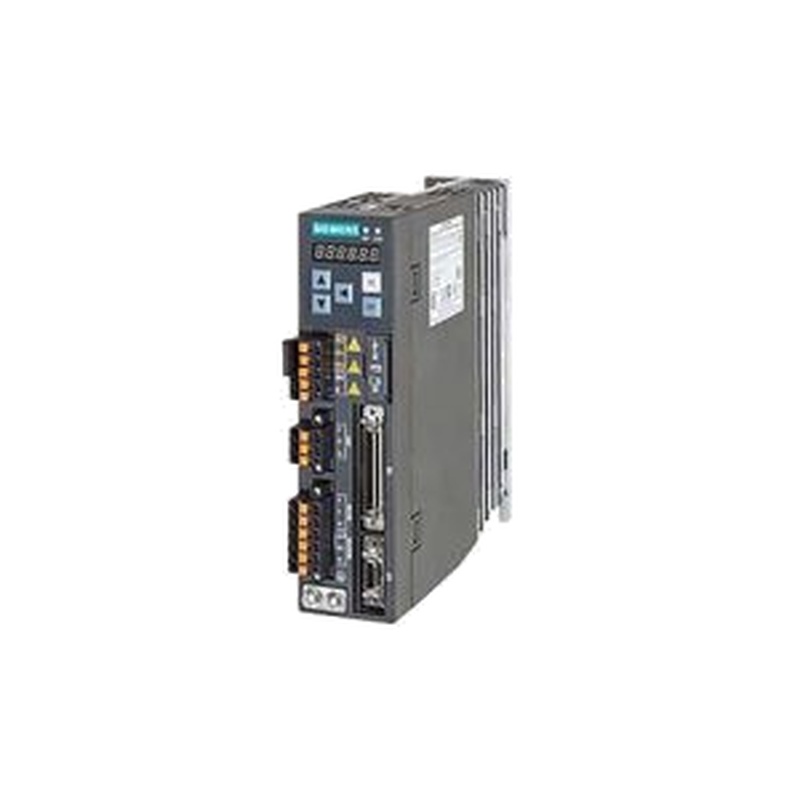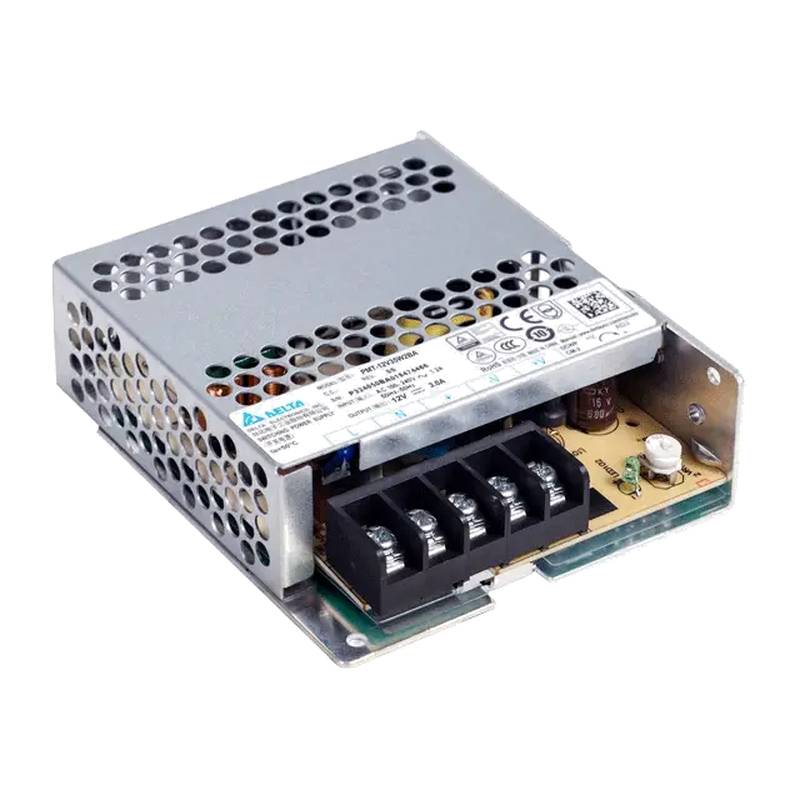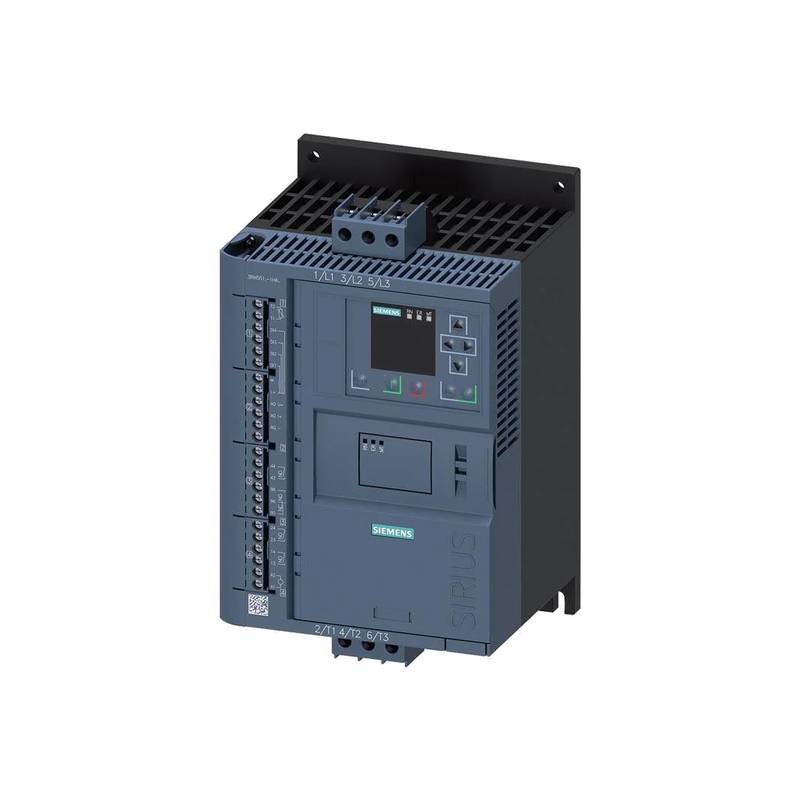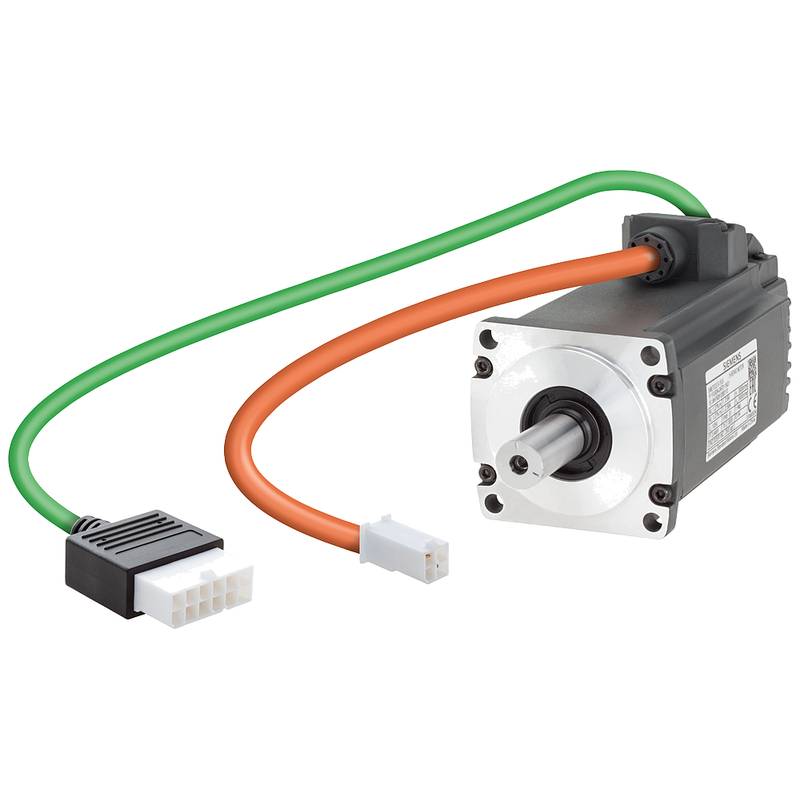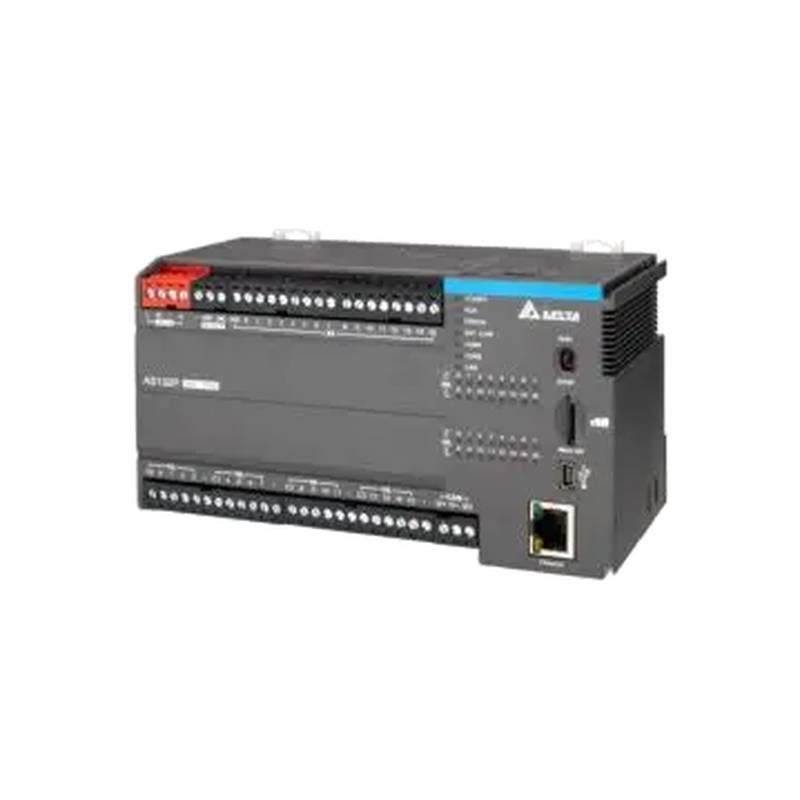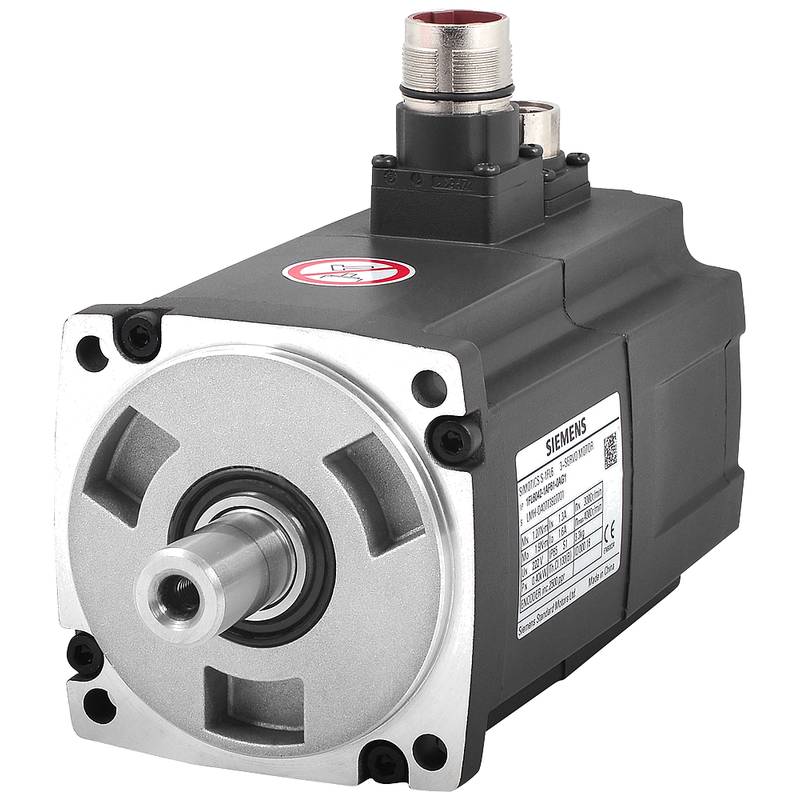
The YASKAWA CH70B4045ABBA CH700 Three Phase AC Drive, a 45A, 22kW frequency converter, stands as a robust solution for industrial motor control, offering precise speed regulation and significant energy savings. Its advanced design prioritizes reliability, ease of use, and seamless integration into diverse automation systems. This drive is engineered to enhance operational efficiency across a broad spectrum of demanding applications.
Product Specifications
| Parameter | Value |
| :----------------- | :--------------------------------------- |
| Model | CH70B4045ABBA |
| Series | CH700 |
| Input Voltage | 380-480V (Three Phase) |
| Output Current | 45A |
| Rated Power | 22kW (30HP) |
| Frequency Range | 0.1 to 400 Hz |
| Control Method | V/f Control, Vector Control |
| Protection Class | IP20 |
| Ambient Temperature| -10°C to +50°C (with derating) |
| Dimensions (HxWxD) | 490mm x 250mm x 230mm (approximate) |
| Weight | 16 kg (approximate) |
Core Features & Market Positioning
The YASKAWA CH70B4045ABBA distinguishes itself through its sophisticated control algorithms, including both V/f and advanced sensorless vector control, ensuring exceptional torque performance and precise speed maintenance even under fluctuating loads. This drive is positioned as a high-performance, cost-effective solution for applications demanding superior motor control accuracy and energy efficiency. Its robust build quality and YASKAWA's reputation for reliability translate into reduced downtime and lower total cost of ownership, making it a preferred choice in competitive industrial environments. The integrated diagnostic features and intuitive programming interface further enhance its market appeal, simplifying setup and maintenance.
Key Application Scenarios
This YASKAWA CH700 AC drive is exceptionally well-suited for a wide array of industrial applications where precise motor speed and torque control are paramount. Common use cases include variable torque loads such as fans and pumps in HVAC systems, conveyors and material handling equipment in manufacturing and logistics, extruders and mixers in chemical and food processing, and machine tools requiring accurate speed adjustments. Its ability to handle demanding starting torque requirements also makes it suitable for applications like cranes and hoists. The drive's versatility allows it to optimize energy consumption in fixed or variable speed applications, contributing to operational cost reductions.
Practical System Integration Guidance
Integrating the YASKAWA CH70B4045ABBA into existing systems is streamlined due to its user-friendly design. Ensure proper ventilation around the drive, adhering to the specified clearances to prevent overheating. For electrical connections, consult the wiring diagram in the user manual, paying close attention to input power, motor phase connections, and grounding. The control terminal block facilitates connection to external control signals like start/stop, forward/reverse, and analog speed references. Parameter programming can be performed via the local keypad or through optional communication modules, allowing for customization of motor parameters, acceleration/deceleration times, and protective functions to match specific application needs.
Operation and Risk Mitigation
Safe operation of the YASKAWA CH700 drive necessitates adherence to electrical safety standards and proper installation practices. Always disconnect power before performing any wiring or maintenance. Verify that the motor and power supply match the drive's specifications to prevent damage. Common operational issues can often be resolved by reviewing the drive's fault codes, which provide specific diagnostic information. For instance, an "Overcurrent Fault" (often indicated by an OC code) might suggest motor issues, incorrect acceleration settings, or motor cable problems. An "Overvoltage Fault" (OV) could point to regenerative energy from the motor or improper braking resistor configuration. Consulting the operation manual for a comprehensive list of fault codes and their troubleshooting steps is crucial for minimizing downtime and ensuring safe operation.
Scalability & Long-Term Value
The YASKAWA CH70B4045ABBA offers significant long-term value through its inherent scalability and compatibility. Its modular design and availability of optional communication cards (e.g., for EtherNet/IP, PROFINET, DeviceNet) enable seamless integration into advanced industrial networks and IIoT platforms, facilitating data acquisition, remote monitoring, and predictive maintenance strategies. This adaptability ensures that the drive can evolve with changing automation requirements and contribute to the development of smart factory environments. Furthermore, YASKAWA's commitment to quality and product longevity means that the CH700 series provides a reliable foundation for industrial processes for many years, backed by readily available support and spare parts.
Frequently Asked Questions
1. What are the primary benefits of using the YASKAWA CH700 AC drive?
The YASKAWA CH700 AC drive offers precise motor speed control, leading to optimized process performance and reduced energy consumption. Its advanced control modes ensure excellent torque response and stability, even under demanding load conditions.
This drive enhances operational efficiency by providing flexible speed adjustments tailored to specific application requirements, minimizing wasted energy and operational costs.
Its robust design and YASKAWA's renowned reliability contribute to reduced maintenance needs and extended equipment lifespan, ensuring a strong return on investment.
2. How do I connect a YASKAWA CH70B4045ABBA drive to a three-phase motor?
Connect the three output terminals (U, V, W) of the drive to the corresponding motor terminals. Ensure all connections are secure and properly insulated to prevent short circuits.
Refer to the drive's user manual for specific wiring diagrams and torque specifications for terminal connections, which vary slightly by installation.
Always disconnect power to the drive and motor before making any electrical connections to ensure personal safety and prevent equipment damage.
3. What is the maximum power rating for the YASKAWA CH70B4045ABBA?
The YASKAWA CH70B4045ABBA has a rated power output of 22 kilowatts (kW), which is equivalent to approximately 30 horsepower (HP).
This power rating makes it suitable for a wide range of industrial motors that fall within this power range, offering ample capacity for many applications.
It's important to match the motor's power requirements to the drive's rating to ensure optimal performance and avoid overloading the drive or motor.
4. Can the YASKAWA CH700 drive be used for applications requiring high starting torque?
Yes, the CH700 series, particularly with its vector control capabilities, is designed to provide excellent starting torque performance.
This allows the drive to effectively start and accelerate motors under heavy loads, which is critical for applications like conveyors or mixers.
Ensure that the drive's parameters are properly configured for the specific motor and load to achieve the desired starting torque characteristics.
5. What are common fault codes for the YASKAWA CH70B4045ABBA and their general meanings?
Common fault codes include "OC" (Overcurrent), indicating excessive current draw, and "OV" (Overvoltage), signaling a voltage issue within the drive's system.
"OH" (Overheat) typically relates to the drive or motor exceeding safe operating temperatures, often due to poor ventilation or excessive load.
Refer to the drive's operation manual for a complete list of fault codes and detailed troubleshooting steps tailored to each specific error.
6. How does the YASKAWA CH70B4045ABBA contribute to energy savings?
The drive adjusts motor speed to match the actual load demand, significantly reducing energy consumption compared to fixed-speed operation, especially for variable torque loads like fans and pumps.
By precisely controlling motor speed, it avoids inefficient operation at full speed when not required, leading to substantial energy cost reductions over time.
Its efficient power conversion minimizes energy losses within the drive itself, further enhancing overall energy efficiency in the controlled system.
7. What is the protection class (IP rating) of the YASKAWA CH70B4045ABBA?
The YASKAWA CH70B4045ABBA features an IP20 protection class rating.
This rating signifies that the drive is protected against solid objects greater than 12.5mm (e.g., fingers) but offers no protection against water ingress.
Therefore, it is intended for installation in control cabinets or environments where it is shielded from dust and moisture.
8. Can this AC drive be integrated into networked industrial automation systems?
Yes, the YASKAWA CH700 series supports various optional communication cards, enabling integration with popular industrial networks.
This allows for remote monitoring, control, and parameter adjustment, facilitating advanced automation and IIoT connectivity.
Integration into systems like Modbus, EtherNet/IP, or PROFINET is possible, enhancing system visibility and control capabilities.
9. What is the typical operating temperature range for the YASKAWA CH70B4045ABBA?
The drive is designed to operate within an ambient temperature range of -10°C to +50°C.
However, operating at the higher end of this range may require derating the drive's output current capacity.
Proper ventilation and cooling are essential to maintain optimal performance and prevent overheating, especially in demanding environments.
10. What are the key differences between V/f control and vector control on this drive?
V/f control is a simpler method that maintains a constant ratio between voltage and frequency, suitable for basic applications with predictable loads.
Vector control offers superior performance by independently controlling voltage and frequency to manage motor torque and speed precisely, even with dynamic load changes.
For applications demanding high accuracy, rapid response, and robust torque performance, especially at low speeds, vector control is the preferred method.
















